|
|
|
|
Kia ora tatou - and welcome to this week’s newsletter.
Recovery plans following major disasters are almost always framed with aspirational goals of building back fast and making the economy safer, more sustainable and fairer. Ilan Noy, an expert on disaster recovery at Te Herenga Waka — Victoria University of Wellington, writes that post COVID-19, fairness will be the most challenging of these objectives, on the national and international level.
University of Waikato demography expert Tahu Kukutai and her colleagues point out that previous recessions have hit Māori and Pasifika harder and a recovery response designed by and for largely Pākehā constituencies risks not only maintaining but deepening existing inequities.
And as the National Party’s leadership change rings in election campaigning, Dominic O'Sullivan, at AUT and Charles Sturt University, explores how Todd Muller’s souvenir Make America Great Again cap reflects on his political judgement.
You’ll find much more in this newsletter - about shortcomings in aged care, New Zealand’s COVID-19 tracer app, the shift from retail therapy to retail anxiety, the latest Climate Explained article - and on the New Zealand page. Many thanks for reading! Noho ora mai.
|
Veronika Meduna
New Zealand Editor: Science, Health + Environment
|

|
|
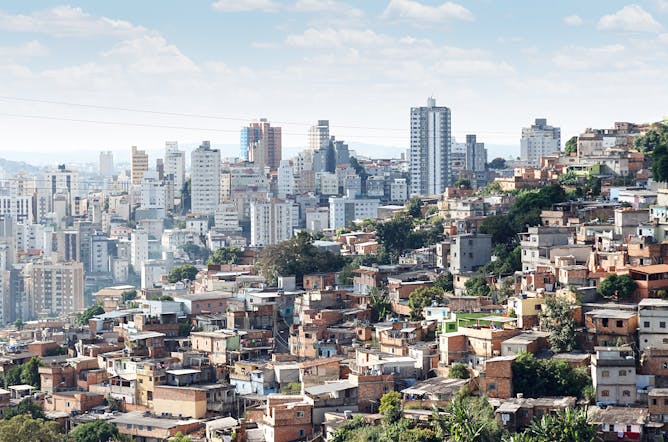
www.shutterstock.com
Ilan Noy, Te Herenga Waka — Victoria University of Wellington
Without genuine global leadership the ability of economies to "build back better" after the disaster caused by COVID-19 will unfairly favour wealthier populations and nations.
|
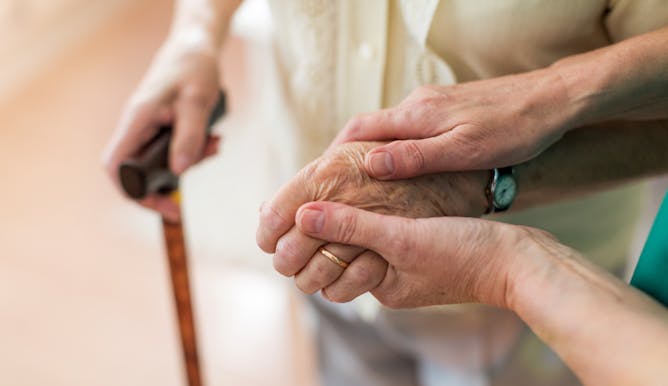
pikselstock/Shutterstock
Katherine Ravenswood, Auckland University of Technology
Rest homes have been hit hard by COVID-19 deaths and inquiries are looking at possible changes to care. The elephant in the room is that quality care depends on more staff.
|

Shutterstock
Dominic O'Sullivan, Charles Sturt University
If perception is everything in politics, what does it say when a leader poses with a Trump MAGA hat?
|
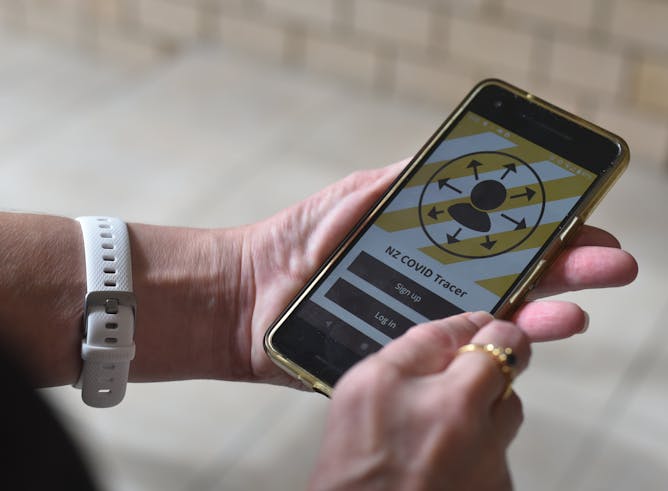
The Conversation
Mahmoud Elkhodr, CQUniversity Australia
The NZ COVID Tracer app helps you keep track of places you visit in New Zealand, in case anyone infected also visited. But the app has some shortcomings that won't be fixed until June at the earliest.
|
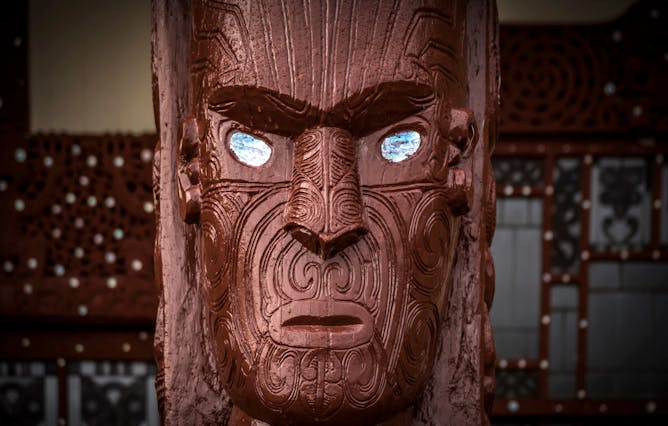
Greg Ward/Shutterstock
Tahu Kukutai, University of Waikato; Helen Moewaka Barnes, Massey University; Tim McCreanor, Massey University; Tracey Mcintosh
Māori knowledge, memory and cultural strength will only enhance New Zealand's economic recovery planning – if they are listened to.
|
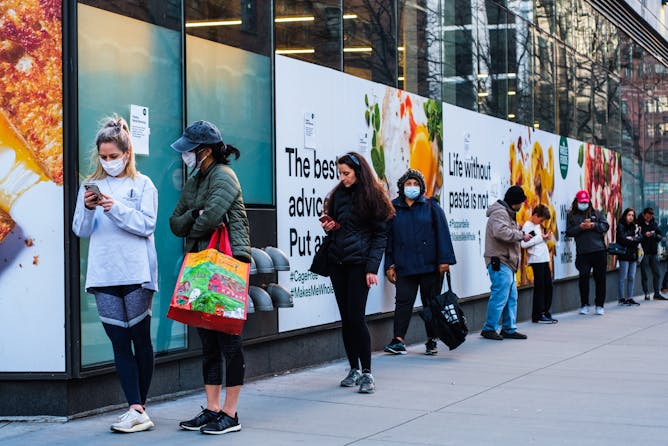
www.shutterstock.com
Jessica Vredenburg, Auckland University of Technology; Megan Phillips, Auckland University of Technology
What if lingering in a shop or restaurant is the last thing on your mind? COVID-19 is rewriting the rules of retail.
|

SHeryl Williams/Shutterstock
Sarah McLaren, Massey University
Countries account for emissions based on all activities that happen within their territory, which means countries that export more than they import will likely have higher per capita emissions.
|
From our international sections
|
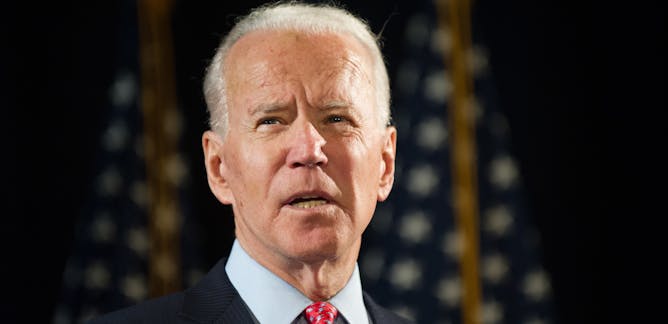
Bruce Wolpe, University of Sydney
A long-time campaigner for the White House, and a vice president to Obama, Biden now faces a great challenge: choose the right running mate, and defeat Donald Trump in November.
| |

Eryn Newman, Australian National University; Amy Dawel, Australian National University; Madeline Claire Jalbert, University of Southern California; Norbert Schwarz, University of Southern California – Dornsife College of Letters, Arts and Sciences
Instead of debunking false claims, psychology shows promoting the facts is a more effective way to fight the spread of misinformation.
|
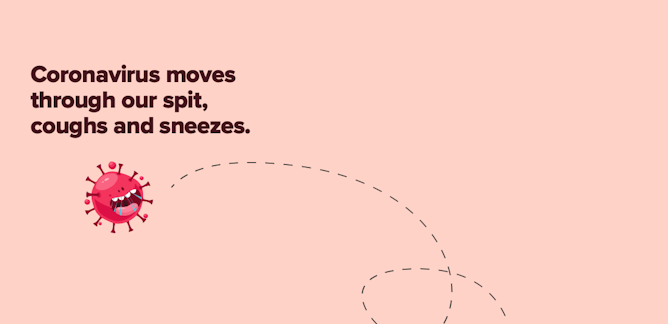
Shih-Wen Sue Chen, Deakin University; Kristine Moruzi, Deakin University; Paul Venzo, Deakin University
Produced during a crisis, an emerging collection of books talk to kids about coronavirus.
| |

Jamie Rowen, University of Massachusetts Amherst
With the challenges posed by the coronavirus pandemic, veterans who were already lacking adequate benefits and resources are now in deeper trouble.
|
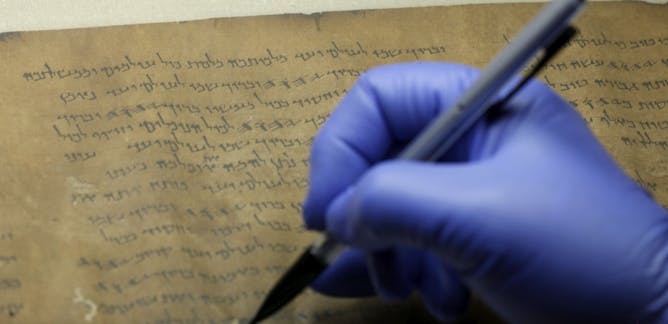
Daniel Falk, Pennsylvania State University
Five of the Dead Sea Scrolls at the Museum of Bible were found to be forged. The scrolls are considered priceless. Here's why.
| |
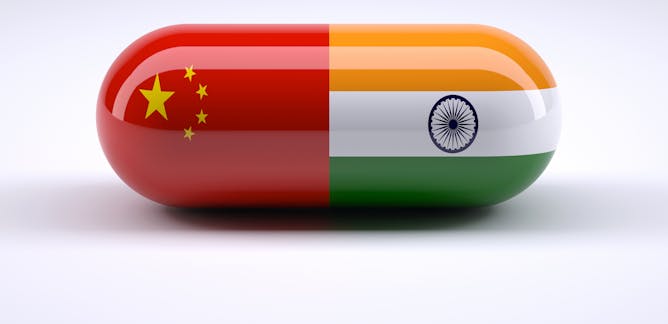
Rory Horner, University of Manchester
A lot depends on China and India sharing the products of their pharmacuetical manufacturing with the rest of the world.
|

Teguh Haryo Sasongko, Perdana University
Drama on massive production and importation of HCQ/CQ throughout the world has once again served as a reminder that public policy must stand on solid scientific foundation.
| |
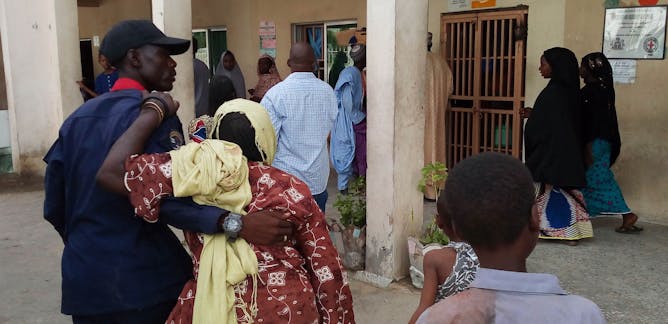
Oludayo Tade, University of Ibadan
Some Boko Haram victims suffer double jeopardy when they return home to their kith and kin.
|
|
|
| |
| |
| |
| |
| |
| |
|
|
|
|
|
|
|